
.png?width=320&name=part%201%20(1).png)
At Alchemy-Spetec we manufacture first class polyurethane and acrylic resins for Sealing Leaks, Stabilizing Soil, and Lifting Slabs. We also provide the delivery systems and training for using our products in the field. Although I enjoy talking about all of our products and working with them in the field, I find that lifting concrete slabs and structures is the most rewarding and interesting to me.
One of the greatest public safety benefits a slab lifting contractor can provide for their workers is the elimination of tripping hazards on the job. I give talks to different building management associations like BOMA and IFMA, pointing out eye opening statistics about the costs of neglecting tripping hazards. A lost time accident for one of your workers is one of the most expensive costs to bear.
Last week I was training some slab lifting technicians on using our MixMaster Pro slab lifting gun. They really liked it and pointed out a number of advantages over the air and mechanical purge guns they were used to. I have heard these points made many times, but when the tech said he liked it because they weren't tripping over ports, I was caught off guard.
When I asked him to explain, he said that their old system required them to set injection ports in every hole. When they would then move back and forth injecting various holes to bring the slabs up, they would invariably trip over the pre-positioned ports. He mentioned that they were getting orange colored ports at one time in order to help address the problem.
A week prior, I experienced this myself on a curtain wall grouting job under a containment area. We had the same problem, and there were a LOT of ports to watch out for. At the end of the day, we had to put up safety tape around the area to keep other workers from entering and possibly tripping over an injection port. To have that same situation brought up the following week, on a slab lifting job, was eye opening.
Indeed the MixMaster Pro gun does eliminate those types of tripping hazards for the crew. A port in every injection hole is a place to trip or have a hose or extension cord hang up. With the MixMaster Pro system, the injection port moves with the gun, leaving the area free of ports while your crew works. In fact it's not uncommon to use only one or two ports over the course of an entire residential job.
Give us a call at Alchemy-Spetec and let one of our sales experts or field techs explain the advantages of the MixMaster Pro. If you want to start a business fixing tripping hazards by lifting slabs, we can help you out. If you already lift slabs, there may be different kind of tripping hazard we can help you resolve.
Stay tuned for part 2 of 4 coming in a few days and I look forward to seeing you all at the World of Concrete, booth O40551. Click here for an automatic discount on World of Concrete registration!




-2.png?width=320&name=Benefits%20of%20Buying%20(1)-2.png)

-1.png?width=320&name=NSF-social%20(2)-1.png)

-1.png?width=320&name=St-Lawrence-Seaway-Social%20(1)-1.png)

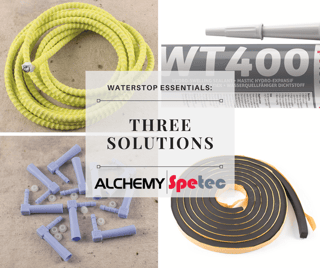


.png?width=1024&name=best%20(1).png)
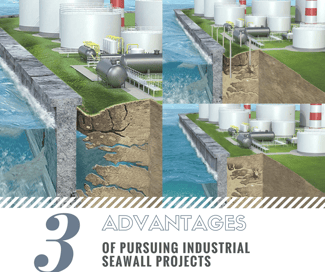 Let’s take a look at a few advantages of pursuing large industrial seawall projects over small residential projects.
Let’s take a look at a few advantages of pursuing large industrial seawall projects over small residential projects.
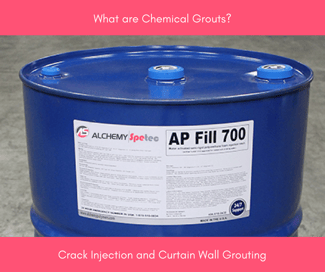 This series of articles takes an in-depth look at crack injection and curtain wall grouting.
This series of articles takes an in-depth look at crack injection and curtain wall grouting. 
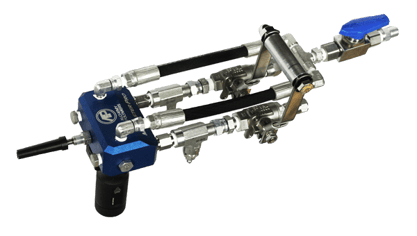 In case you missed it, we're pleased to announce that we've made significant improvements to our MixMaster slab lifting gun. Our new model, the MixMaster Pro, is now available! A large part of the market is still using old sprayfoam insulation guns to do heavy concrete
In case you missed it, we're pleased to announce that we've made significant improvements to our MixMaster slab lifting gun. Our new model, the MixMaster Pro, is now available! A large part of the market is still using old sprayfoam insulation guns to do heavy concrete 
.png?width=325&name=Copy%20of%20www.alchemypolmers.com%20(1).png)

.png?width=320&name=Jim-blog%20(1).png) We are excited to welcome Jim Spiegel as the newest member of our team. Jim comes on as the V.P. of Sales and Business Development for the growing Atlanta-based company. Jim brings 12 years of chemical injection and concrete repair experience.
We are excited to welcome Jim Spiegel as the newest member of our team. Jim comes on as the V.P. of Sales and Business Development for the growing Atlanta-based company. Jim brings 12 years of chemical injection and concrete repair experience..png?width=1024&name=leaks-banner%20(1).png)
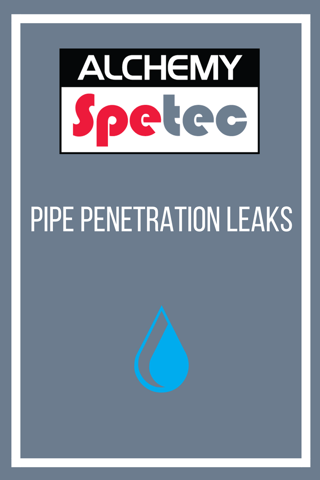 Pipes that are fed through foundation walls are subject to leaking over time due to corrosion, pressure or cracks around the pipe. This takes place because water essentially weakens the concrete around the pipe and creates leaks.
Pipes that are fed through foundation walls are subject to leaking over time due to corrosion, pressure or cracks around the pipe. This takes place because water essentially weakens the concrete around the pipe and creates leaks.

 Parking garage leaks can cause many issues for property managers when it comes to city code upkeep. A major sign that a parking garage needs repair is evidence of water intrusion. The longer this evidence is ignored, the bigger the cost for the property owner in the long run.
Parking garage leaks can cause many issues for property managers when it comes to city code upkeep. A major sign that a parking garage needs repair is evidence of water intrusion. The longer this evidence is ignored, the bigger the cost for the property owner in the long run.
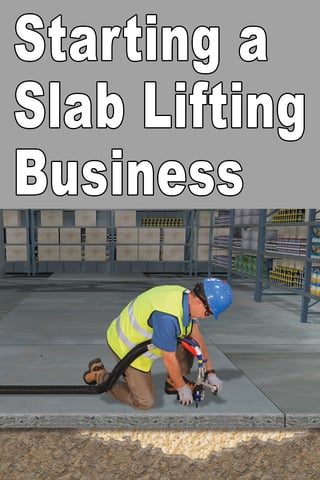 Residential Slab Jacking
Residential Slab Jacking
.png?width=1024&name=Behind%20the%20Scenes-banner%20(3).png)
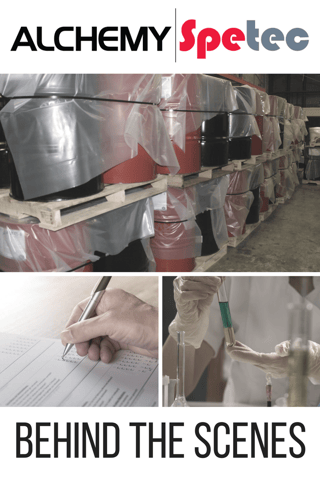 In House QC
In House QC.png?width=1024&name=elevator-banner%20(1).png)
.png?width=320&name=elevator-blog%20(2).png) Elevator pit water leaks are very common. These pits can be open to flooding and leakage because they are usually at the lowest point of a building below the water table. Water can easily seep from cracks in the walls or through the floor wall detail.
Elevator pit water leaks are very common. These pits can be open to flooding and leakage because they are usually at the lowest point of a building below the water table. Water can easily seep from cracks in the walls or through the floor wall detail.

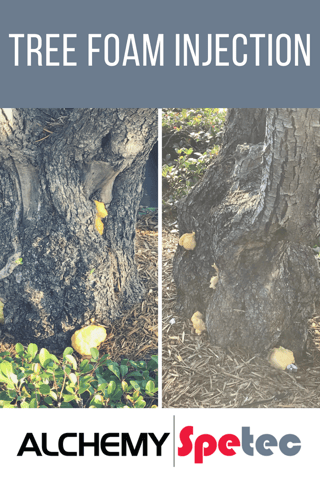 When you are in the window business, you walk down the street looking at windows in different buildings. When you are in the concrete repair business, you walk down the street noticing all the defects (cracks, spalls, etc.) in the concrete on the surrounding concrete structures. Being in the chemical grout business one tends to notice applications for chemical grout.
When you are in the window business, you walk down the street looking at windows in different buildings. When you are in the concrete repair business, you walk down the street noticing all the defects (cracks, spalls, etc.) in the concrete on the surrounding concrete structures. Being in the chemical grout business one tends to notice applications for chemical grout.